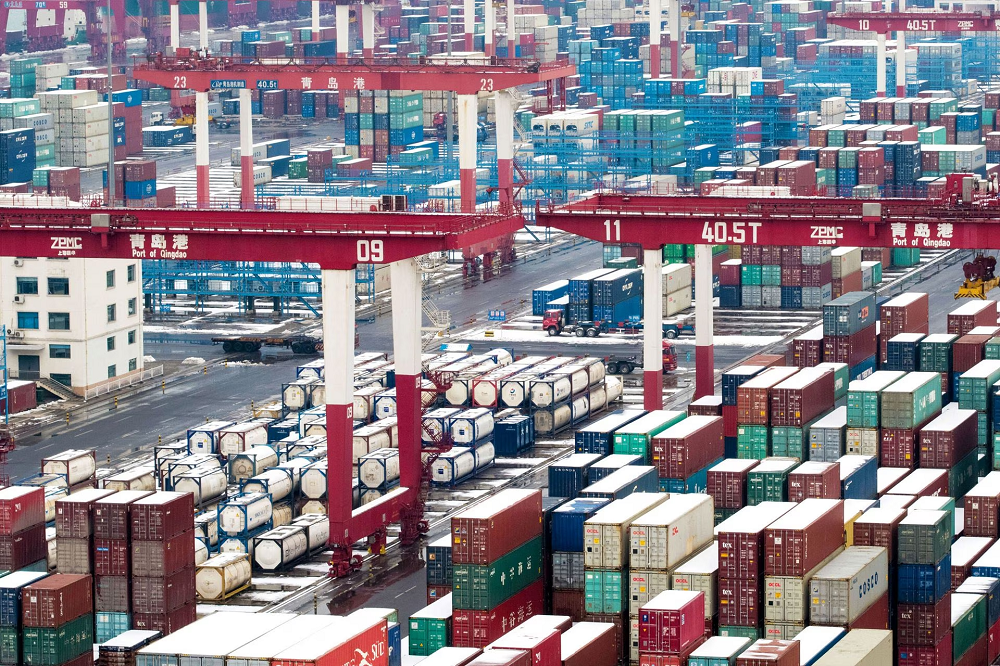You can grow sales and create enduring relationships with customers by expanding your business into new markets. Companies now have more opportunities than ever before to sell their goods and services abroad. Numerous advantages, such as greater deals and market share, a larger clientele, and improved profitability, might come from exporting. Additionally, exporting to countries like China can assist companies in expanding their online sales through Chinese export websites and giving them a competitive edge in the current global economy.
Exporting to China is a reasonable next step for you to expand your business because it is thought to have the highest consumer economy. China, one of the world’s most dynamic nations, represents a large demand for foreign goods and services.
However, it is crucial to have a complete awareness of the formal procedures and export requirements when selling through Chinese export websites. The process of exporting to China, including documentation and compliance requirements, as well as the advantages and considerations for Western businesses wishing to enter the Chinese market, must all be considered when deciding whether this market is a good option for you.
Exporting to China – Requirements
Businesses that want to enter the Chinese market should be cautious about the associated duty costs. All imports in China are subject to a Value Added Tax, except for goods used in manufacturing for re-export. This will change depending on the products and services.
There can also be tariffs associated with the goods that you ship. Tariffs are charges placed on products when they are imported into a nation. Make the necessary diligent checks on the attestation required to ensure that your items fulfil specific safety and quality standards as you are ready to export your goods to China.
A certificate of origin is the form of testimony that is required the most frequently. A certificate of origin is a shipping document that identifies the country of manufacture and certifies that the goods comply with all legal requirements. There may also be other forms of attestation.
- Commercial invoice
- Packing list
- Bill of lading
- AES filing
- Sales contract
- Customs declaration
- Proforma invoice
If the proper attestation is not provided, it may cause delays in shipments or refused entry into China. To ensure that all paperwork is properly filled out, your logistics partner can also give you advice on the procedures and attestation required for your product.
Important Things to Remember
- China’s Harmonized Tariff Schedule is distinct from those in Europe and the US. Several things that use the all ten digits in the U.S. use only eight digits in China and vice versa and the first six digits of this code are typically the same everywhere.
- China requires a Customs Registration Code for each importer. The organization that holds the import license, not necessarily your customer, is the registered importer.
- A precise set of paperwork must be included with any product being shipped to China.
- China Compulsory Certification (CCC) and many other certifications are needed for many products. If a company asks for this certification, inspectors from the China Quality Certification Centre (CQC) will visit the factory to check the manufacturing process.
- Food labelling is governed by rigorous laws in China. Labels must contain all necessary information in Chinese and must be accurate, truthful, and non-deceptive.
- China continues to be a difficult environment for protecting and enforcing intellectual property rights despite making modest improvements to its legal and regulatory framework, the country’s IP problems are numerous and well-known.
Before exporting, it is wise to visit China to better grasp these challenges. Always go through the Chinese export websites to know more details about exporting to China. If you feel it is a hassle to handle things from overseas, then hire a sourcing agent to help you with all the documentation and legalities.







